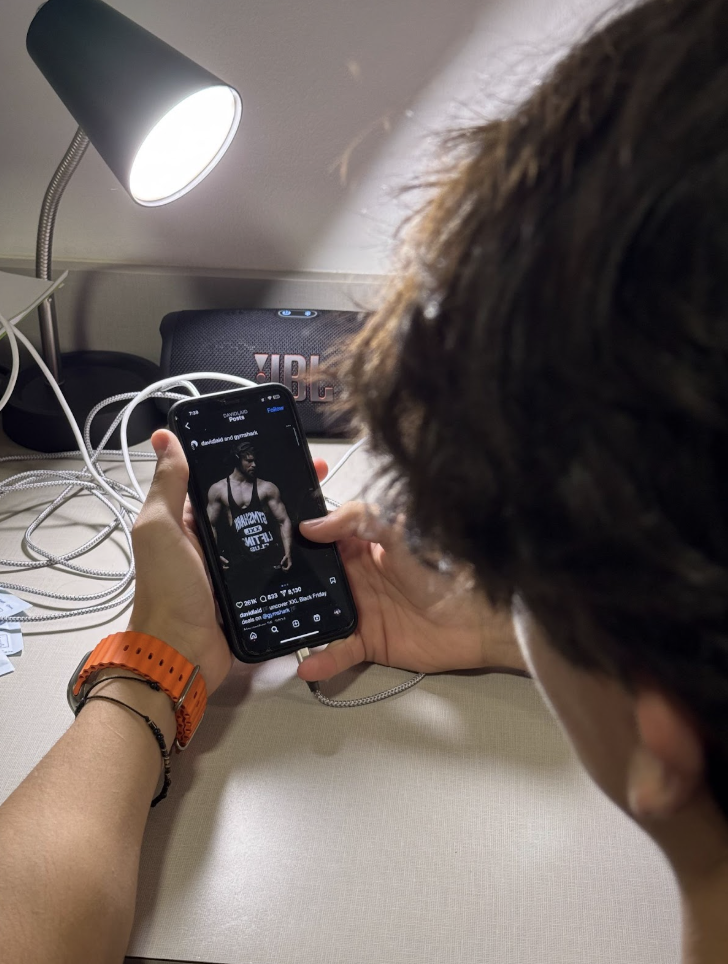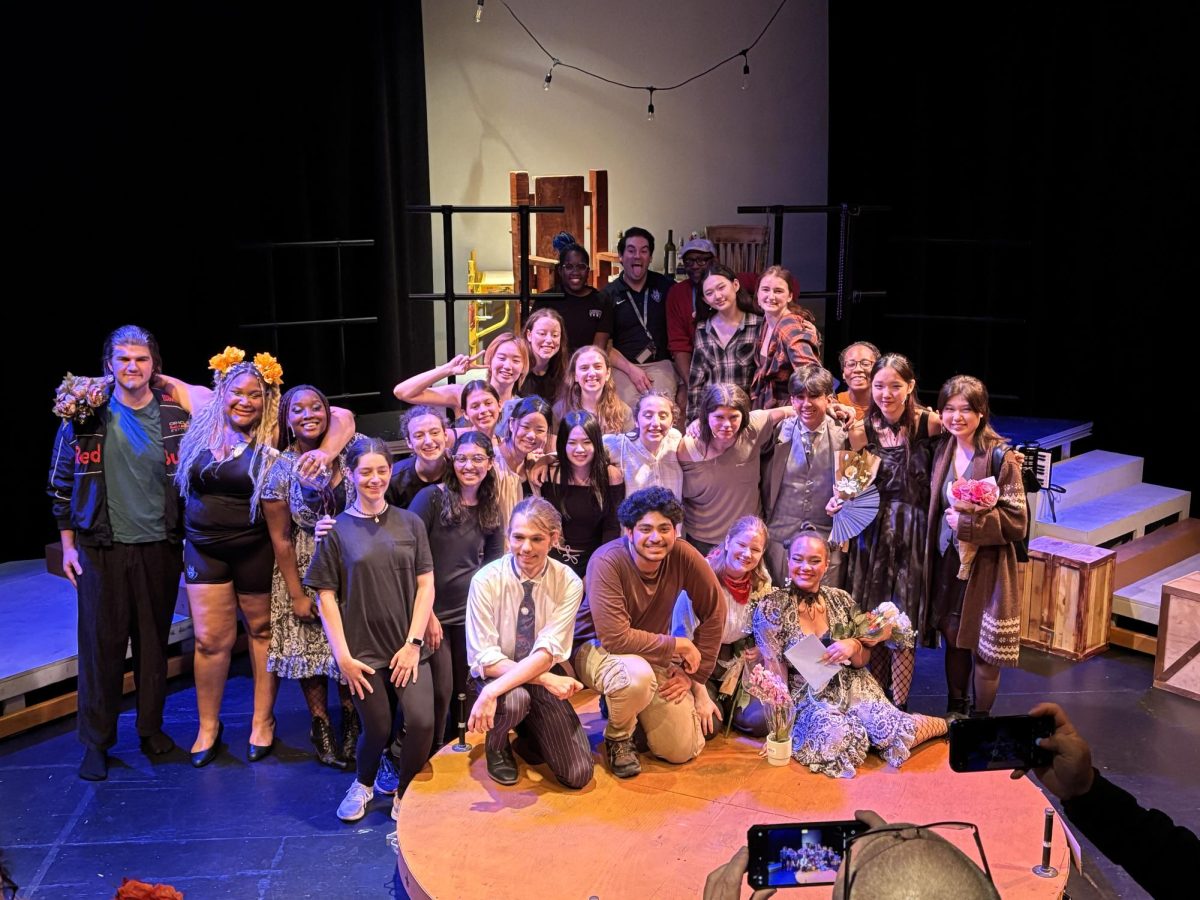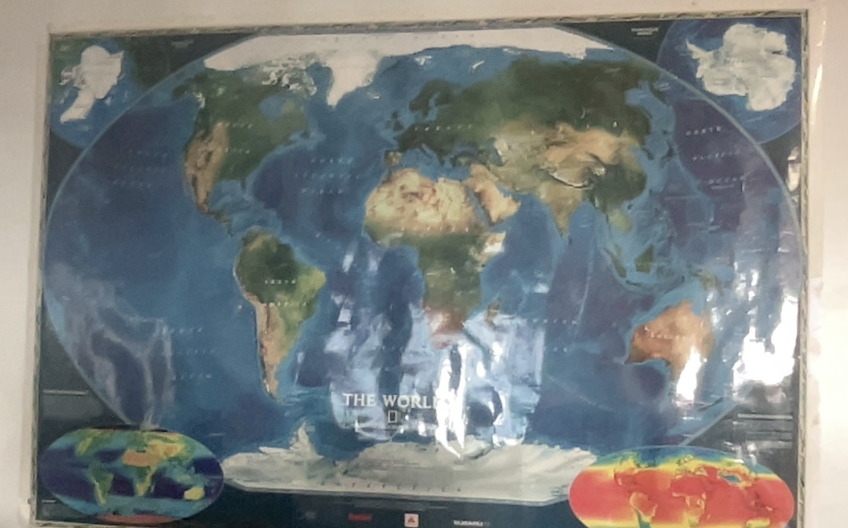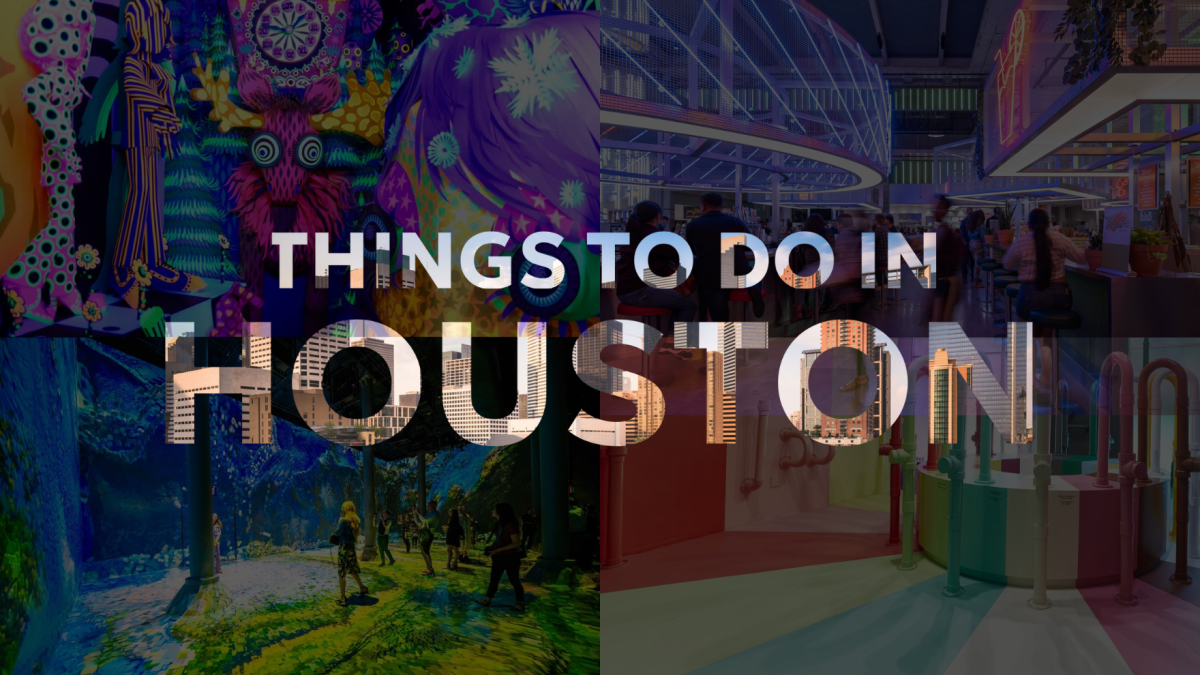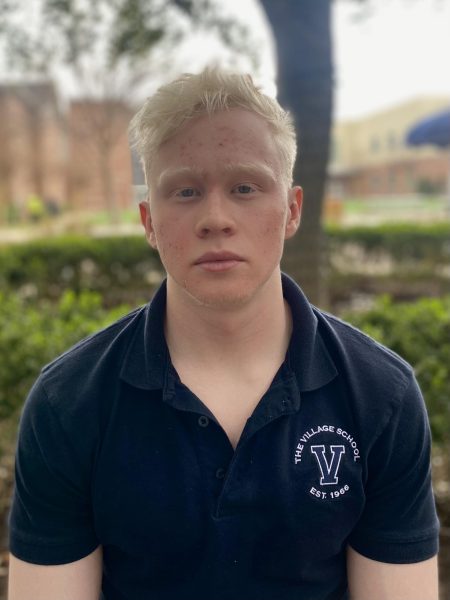A cursory glance at social media sites such as Instagram or TikTok reveals images of flawless skin, toned bodies, and seemingly flawless lives. Social media is replete with meticulously crafted images that perpetuate unrealistic notions of beauty. It is little wonder, then, that many compare themselves to these edited versions of reality and feel lacking. “On social media you see the best of the best,” said Thomas K’shon, Residential Life parent at The Village School and user of Tik Tok. “It plays a big part in forming your self-esteem as you see the perfect bodies and clean skin consistently.”
Thanks to easily accessible filters and editing apps, you can easily retouch a photo so that it’s perfect—smoother skin, thinner waist, plumper lips. The kicker? The retouches aren’t an actual type of perfection and are literally impossible to attain. Celebrities and influencers usually utilize the apps so their own beauty looks natural and effortless. Studies have shown that regular exposure to these altered photos can lead to body dissatisfaction, especially in teenagers who perceive that there is a need to meet unrealistic standards. “You can make yourself a completely different person with filters…” Said senior Liliia Grichanenko, a consistent Instagram user. “I think a lot of influencers use it and it is the reason why some people have low self-esteem.”
Social media has evolved far beyond the mere sharing of experiences; it now plays a serious part in the formation of our self-image. Viral trends propagate a myriad of various practices, ranging from extreme weight loss challenges to promoting specific body types as the “ideal.” Individuals are typically attracted to the promise of such trends, thinking that achieving a particular appearance will make them happy or socially accepted. For the majority of individuals, this external influence leads to risky behaviors, low self-esteem, and, in some cases, the development of eating disorders. Furthermore, algorithms exacerbate the problem by continuously suggesting the same content, thus creating a never-ending loop of comparison and insufficiency.
Good news finds its way to us through social media, not all the time. Social media movements such as #BodyPositivity and #SelfLove is changing the beauty norms and influencing people to make peace with their bodies as they are. Brands and influencers are more and more choosing to display unphotographed bodies, thus creating a space where the real definition of beauty as body diversity and size variety can exist. By and large, the world still needs to do more, but actions like these in a small way make it more inclusive on the internet. Ultimately, social media is a reflection of personal choice. With today’s prevailing unrealistic ideals of beauty, it is our choice to take ownership of our reaction to the content that we are viewing. Developing a healthier online culture, forming connections with body-positive sites, and embracing the fact that social media does not always portray reality can have a profound impact on individuals.
Social media plays a large role in what is known of beauty, with it tending to establish a standard that is marked by perfection. One does not have to adhere to this type of thought, though. Through a mindful consideration of the media one takes in and an embracing of body difference, one can reshape the narrative and create a healthier and truer definition of beauty. Especially here at The Village School where so many different cultures and ideals converge, it’s critical that we are able to discern social media’s standards from our own reflections of ourselves.

